What reforms is Anwar talking about?
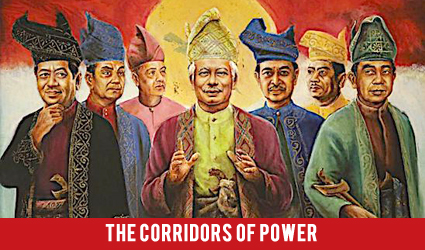
It is now time for Anwar to explain what his reform agenda is and what he means by reformasi. His government was given 22 months to deliver his promised reforms but it did not. The reformasi slogan appears to be a con job. It is an empty word meant to trick the voters into thinking that Malaysia is going to transform once Pakatan Harapan takes over as the government.
THE CORRIDORS OF POWER
Raja Petra Kamarudin
There is one word we have been hearing for almost 22 years now. And that word is “reforms” or “reformasi”. “Reformasi”, which was first heard in Malaysia in September 1998, was actually stolen from Indonesia. The Indonesian reform or reformasi movement first emerged in 1996 and peaked in 1997 during the Asian Financial Crisis and was more or less Indonesia’s “Arab Spring”.
“Reformasi” resulted in a change of government in Indonesia on 21st May 1998. Hence, when Tun Dr Mahathir Mohamad sacked Anwar Ibrahim three months later, they launched a copycat reformasi movement in Malaysia, hoping that just like what happened to President Suharto of Indonesia, Mahathir would similarly be forced to resign (and, of course, be replaced with Anwar Ibrahim).
Anwar then spelled out his reform agenda or agenda perubahan, a long list of changes that would be introduced once the so-called “corrupt and draconian” Umno-Barisan Nasional government has been ousted. And for 20 years from 1998 to 2018, Anwar and rakan-rakan yang sewaktu dengannya sold this song-and-dance to the Malaysian public.
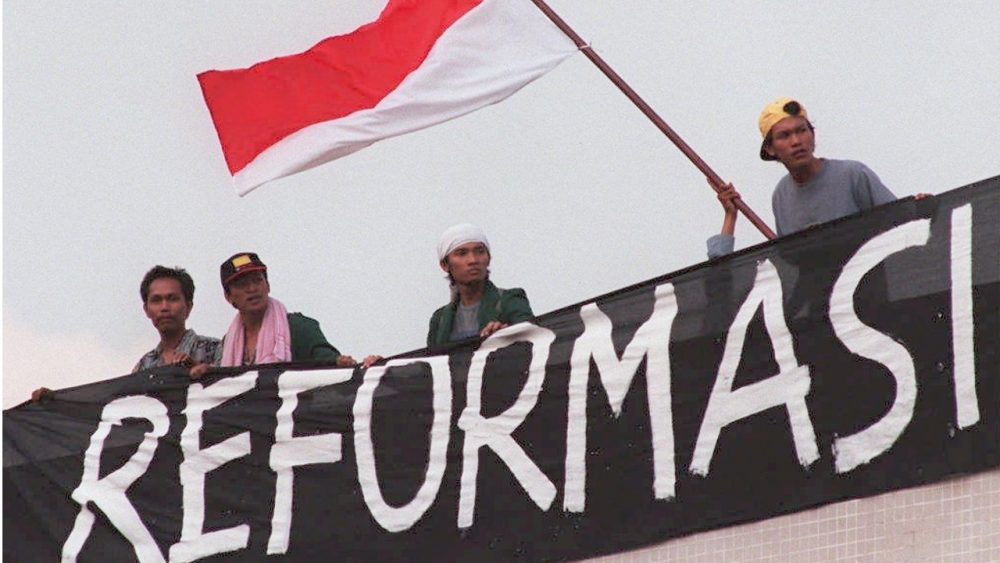
The reformasi movement started in Indonesia in 1996
Finally, after 20 years of hard-selling, the Malaysian voters bought the propaganda and voted Umno-Barisan Nasional out of power. And what happened after that? What happened after that is detailed in the Human Rights Watch 2019 report on Malaysia, which you can read below.
Yes, nothing happened. The 2019 Human Rights Watch report on Malaysia is the same as all those other reports in the years before that. There were no reforms. There was no perubahan. It was the same old shit as the years since Mahathir took over as prime minister in 1981.
One word: reformasi. That is a word that has been uttered one million times across the entire length and breadth of Malaysia. But what does that word mean? What does it entail? At least we know what it meant in Indonesia in 1998. What does it mean for Malaysia?

Anwar borrowed reformasi from Indonesia in September 1998
In his recent interview, Anwar said he is still committed to reformasi or to the reform agenda. Yes, we have been hearing that for 22 years but in the 22 months that Pakatan Harapan was in power, according to the Human Rights Watch, it was still business as usual with no reforms or changes whatsoever.
It is now time for Anwar to explain what his reform agenda is and what he means by reformasi. His government was given 22 months to deliver his promised reforms but it did not. The reformasi slogan appears to be a con job. It is an empty word meant to trick the voters into thinking that Malaysia is going to transform once Pakatan Harapan takes over as the government.
***************************************************
Human Rights Watch 2019 report on Malaysia
Malaysia continued to make slow progress in 2019 in some areas of the governing Pakatan Harapan’s reform agenda, such as lowering the voting age, strengthening parliamentary independence, and abolishing restrictions on protest marches. However, the government backed away from other commitments, including by withdrawing from the Rome Statute of the International Criminal Court (ICC) in April 2019, barely a month after filing its accession; retreating from a commitment to completely abolish the death penalty; and failing to carry out commitments to abolish or reform a range of abusive laws.
Freedom of Expression
The government has yet to fulfill its promise to abolish the much-abused sedition act. The law continues to be used, particularly against those voicing criticism of Malaysia’s royalty. Some of those speaking critically about race and religion have also faced criminal investigations, including member of parliament Charles Santiago, who was one of five individuals called in for questioning in September, after controversial Islamic preacher Zakir Naik filed a criminal defamation complaint against them. Santiago was questioned for criticizing Naik’s claim that Malaysian Indians were more loyal to India’s prime minister than to that of Malaysia. In March, Allister Cogia was sentenced to more than 10 years in prison for social media comments deemed insulting to Islam.
In October 2019, the lower house of parliament once again voted to repeal the Anti-Fake News Law, passed during the waning months of the prior administration. Malaysia’s Senate stymied efforts to repeal the law in 2018. Government promises to amend the Communications and Multimedia Act and the Official Secrets Act remain unfulfilled.
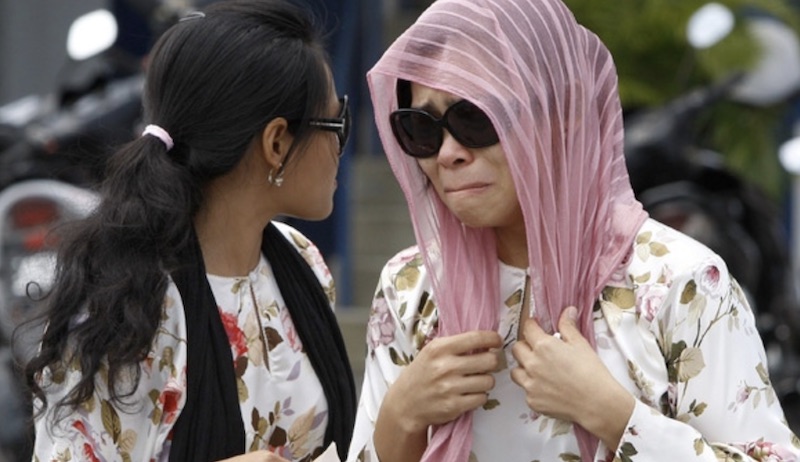
The Pakatan Harapan government also arrests Muslims who drink
Criminal Justice System
In October 2018, the government announced its intention to abolish the death penalty and impose a moratorium on executions. In March, however, it announced that it would maintain the death penalty but would merely end the mandatory application of the punishment. Malaysia currently permits the death penalty for various crimes and makes the sentence mandatory for 11 offenses. The government has yet to introduce legislation to abolish even the mandatory death penalty.
Malaysia continues to detain individuals without trial under restrictive laws. Twelve people, including two Democratic Action Party lawmakers, were detained under the Security Offenses (Special Measures) Act in October on allegations of supporting the now-defunct Liberation Tigers of Tamil Eelam (LTTE).
SOSMA allows for preventive detention of up to 28 days with no judicial review for a broadly defined range of “security offenses.” Both the 1959 Prevention of Crime Act and the 2015 Prevention of Terrorism Act give government-appointed boards the authority to impose detention without trial for up to two years, renewable indefinitely, to order electronic monitoring, and to impose other significant restrictions on freedom of movement and association. No judicial review is permitted for these measures. The new government has committed to “abolish draconian provisions” in these laws, but has yet to do so.
Pakatan Harapan had also pledged to repeal the 2016 National Security Council Act, which gives broad emergency-like powers to a federal agency under the Prime Minister’s Department. Instead of repealing it, the government introduced amendments via a bill that was submitted for first reading in April 2019, some of which increased the council’s powers instead of curtailing them. The amendments had yet to pass at time of writing.
Police Abuse and Impunity
Police abuse of suspects in custody continues to be a serious problem, as does a lack of accountability for such offenses. The standard of care for those in detention is also problematic, with suspects and prisoners dying from treatable illnesses.
In July, the government submitted a long-awaited bill to create an Independent Police Complaints of Misconduct Commission. While tabling the bill is a positive step forward towards police accountability, some of the bill’s provisions raise concern about the independence and authority of the proposed commission.
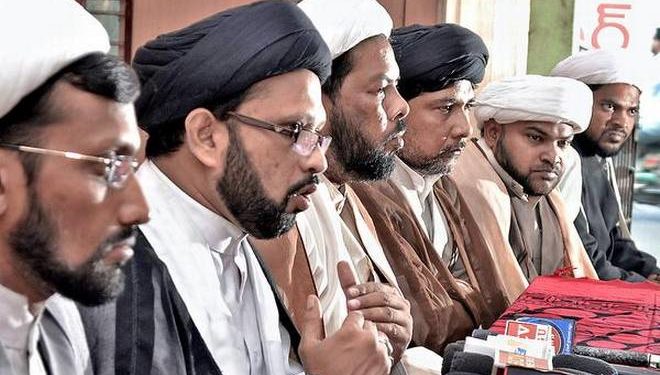
Pakatan Harapan also considers Shias as deviants or apostates
Freedom of Religion
Malaysia restricts the rights of followers of any branches of Islam other than Sunni, with those following Shia or other branches subject to arrest for deviancy. In September, the Selangor Islamic Religious Department (JAIS) instructed mosques in the state to deliver a sermon describing Shia Muslim beliefs and practices as “deviant,” “heinous,” “nonsense,” and “nauseating.” On September 6, JAIS arrested 23 Shia, including children, for practicing their religion, while another eight Shia were arrested at a private event in Johor on September 9.
In August, the High Court dismissed a challenge by Sisters in Islam, a civil society group working to promote the rights of Muslim women, to a fatwa issued against it in 2014. The broadly worded fatwa declares that Sisters in Islam and “any individuals, organizations and institutions holding on to liberalism and religious pluralism” are deviant from Islamic teachings.
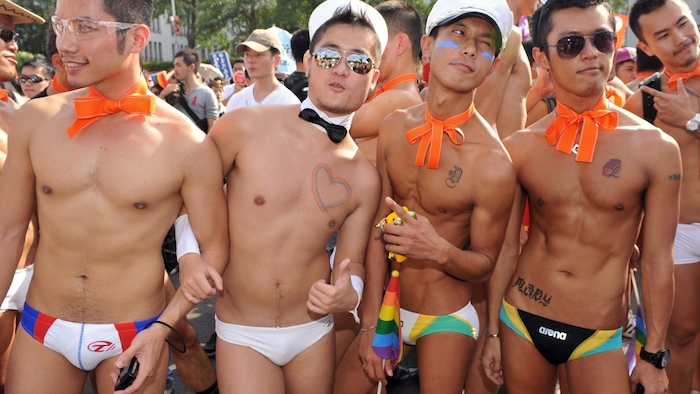
Pakatan Harapan also bans gay lifestyles and gay marriages
Sexual Orientation and Gender Identity
Discrimination against LGBT people remains pervasive in Malaysia. Federal law punishes “carnal knowledge against the order of nature” with up to 20 years in prison and mandatory whipping. Numerous state Sharia laws prohibit both same-sex relations and non-normative gender expression, resulting in frequent arrests of transgender people. Government officials, including Prime Minister Mahathir Mohamad, have made statements expressing lack of support for the LGBT community. In June 2019, Mahathir said that the discussion of LGBT rights was being promoted by “Western countries” and was “unsuitable” for Malaysia.
Three transgender women were killed between November 2018 and January 2019. No one has been convicted in any of the killings. Eight men have been charged in the brutal beating of a transgender woman in Negeri Sembilan in August 2018. The victim suffered broken ribs, a ruptured spleen, and head injuries. The case remained pending at time of writing.
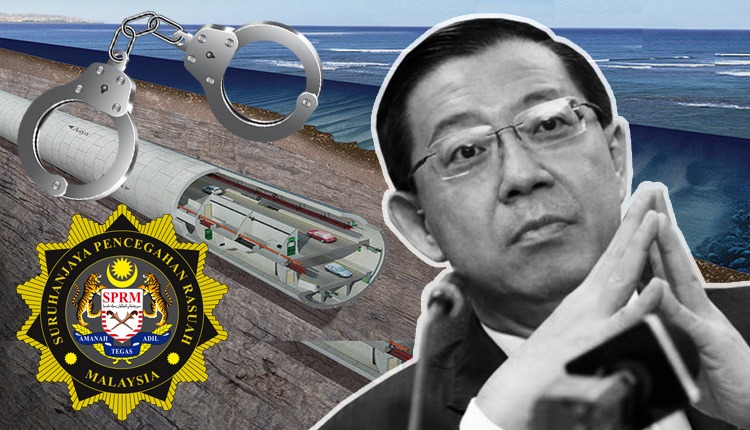
Corruption was also rampant under the Pakatan Harapan government, and which went unpunished
In March 2019, the minister for religious affairs, Mujahid Yusof Rawa, called the participation of LGBT people at a march for International Women’s Day an “abuse of democratic space.” The backlash against participants was vocal and severe, with some reporting harassment on social media, including threats of violence.
In August 2019, Malaysian authorities censored gay scenes from the Elton John biopic, “Rocketman,” sparking condemnation by art critics.

